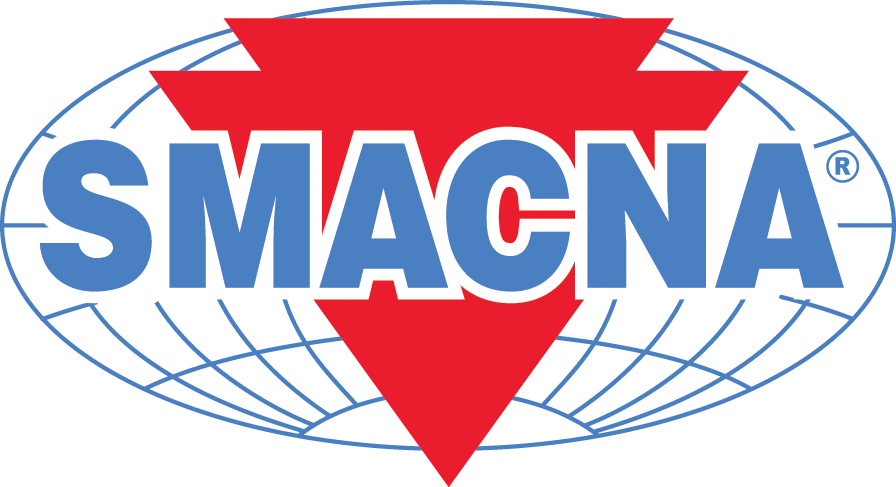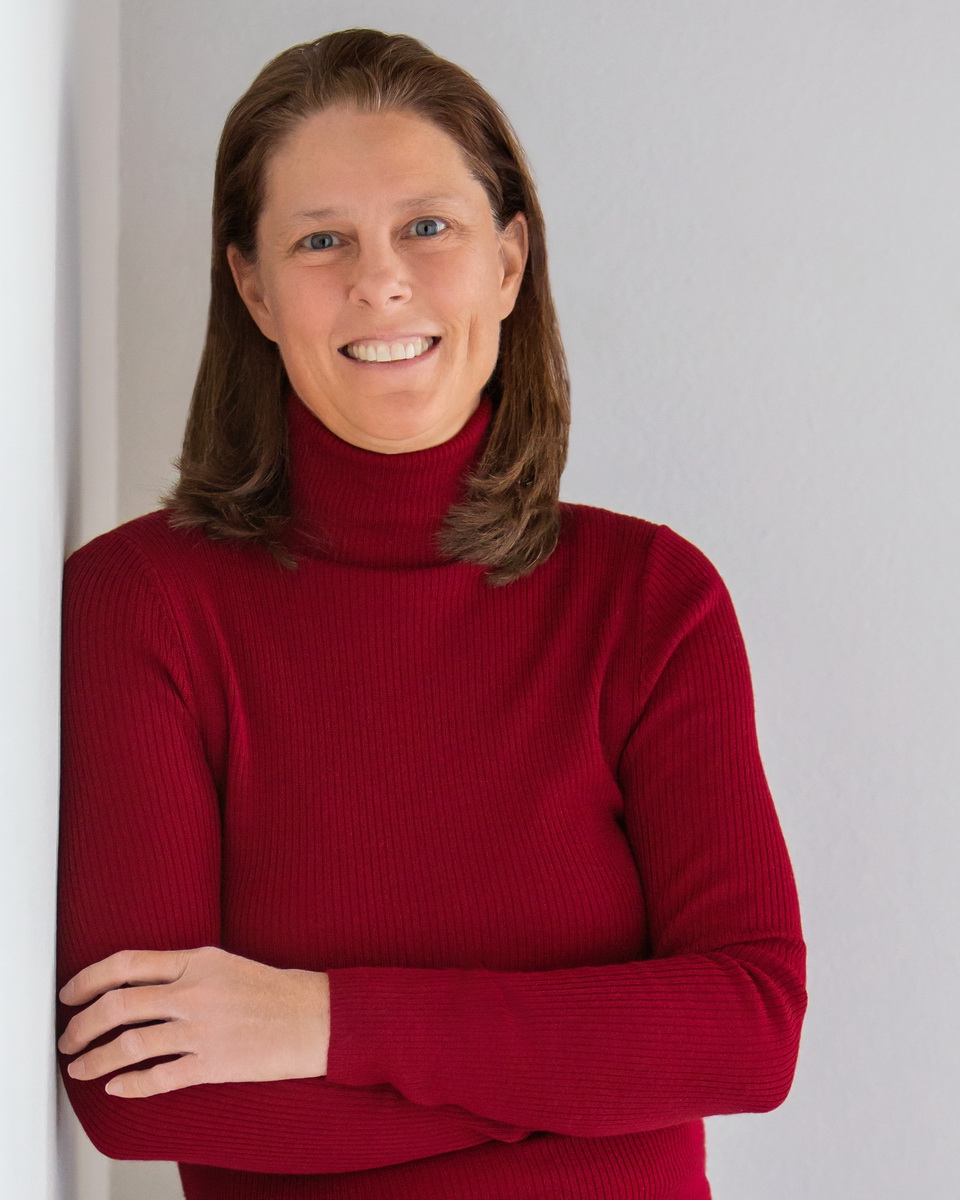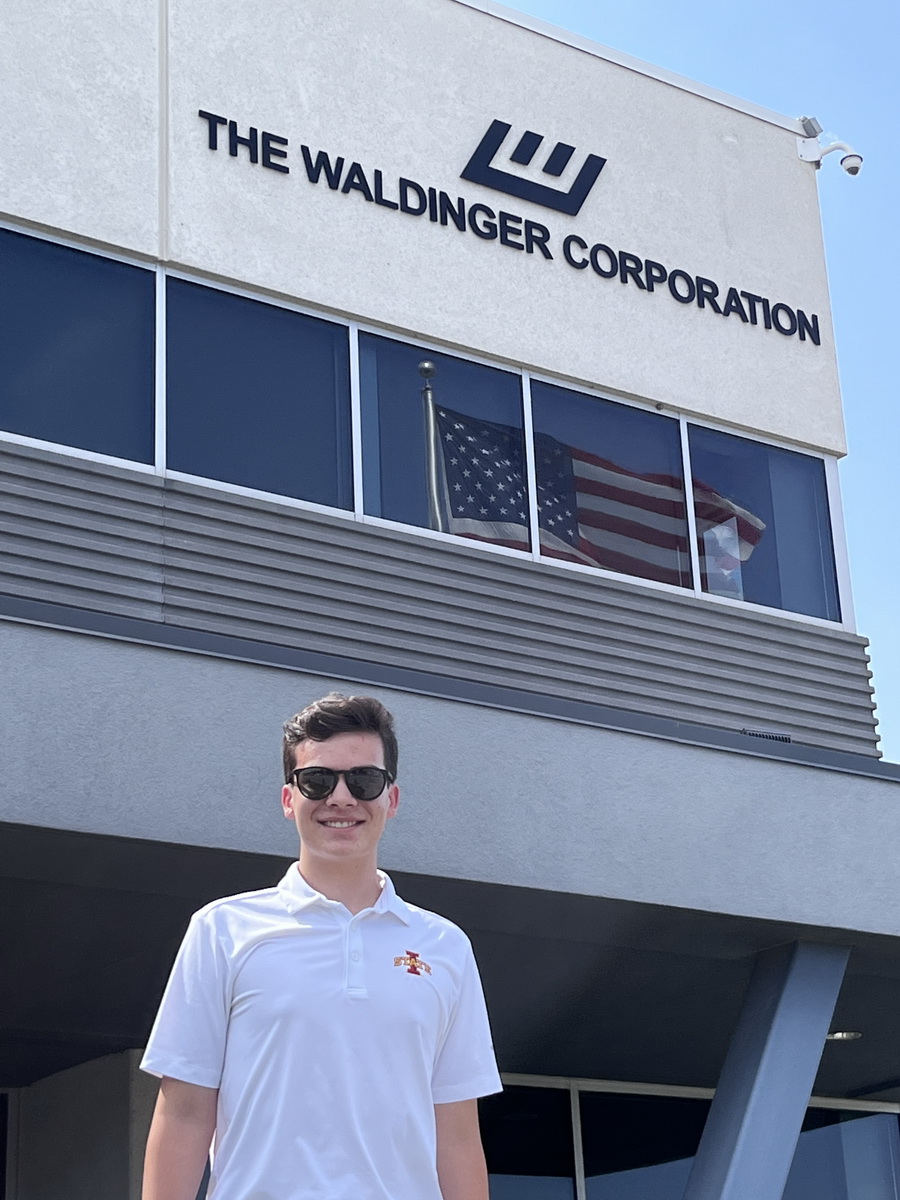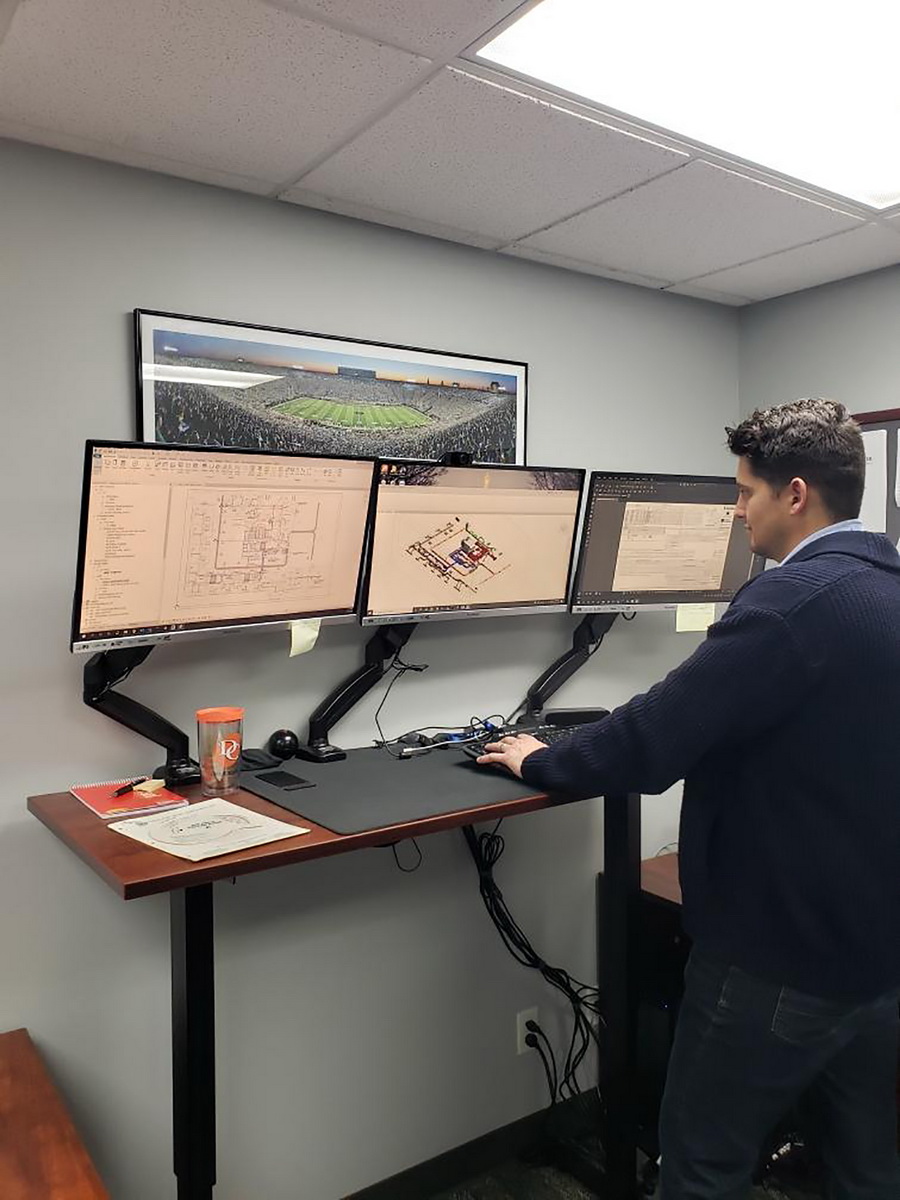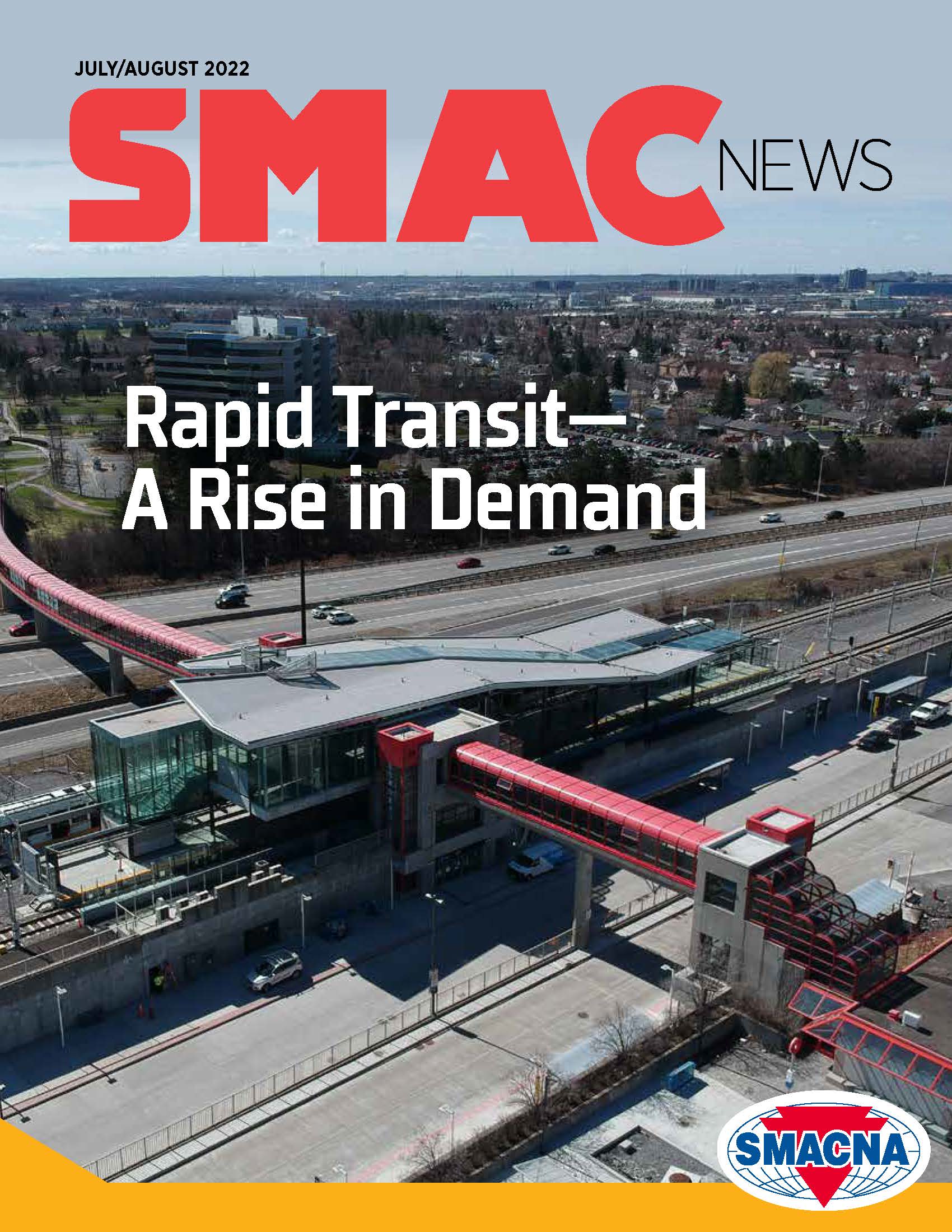Bridging the Gap: What Gen Z Wants from a Career in Construction
Making such work appeal to younger workers may mean offering more flexibility and feedback, these experts say. SMACNA members who are successful recruiting young people agree.
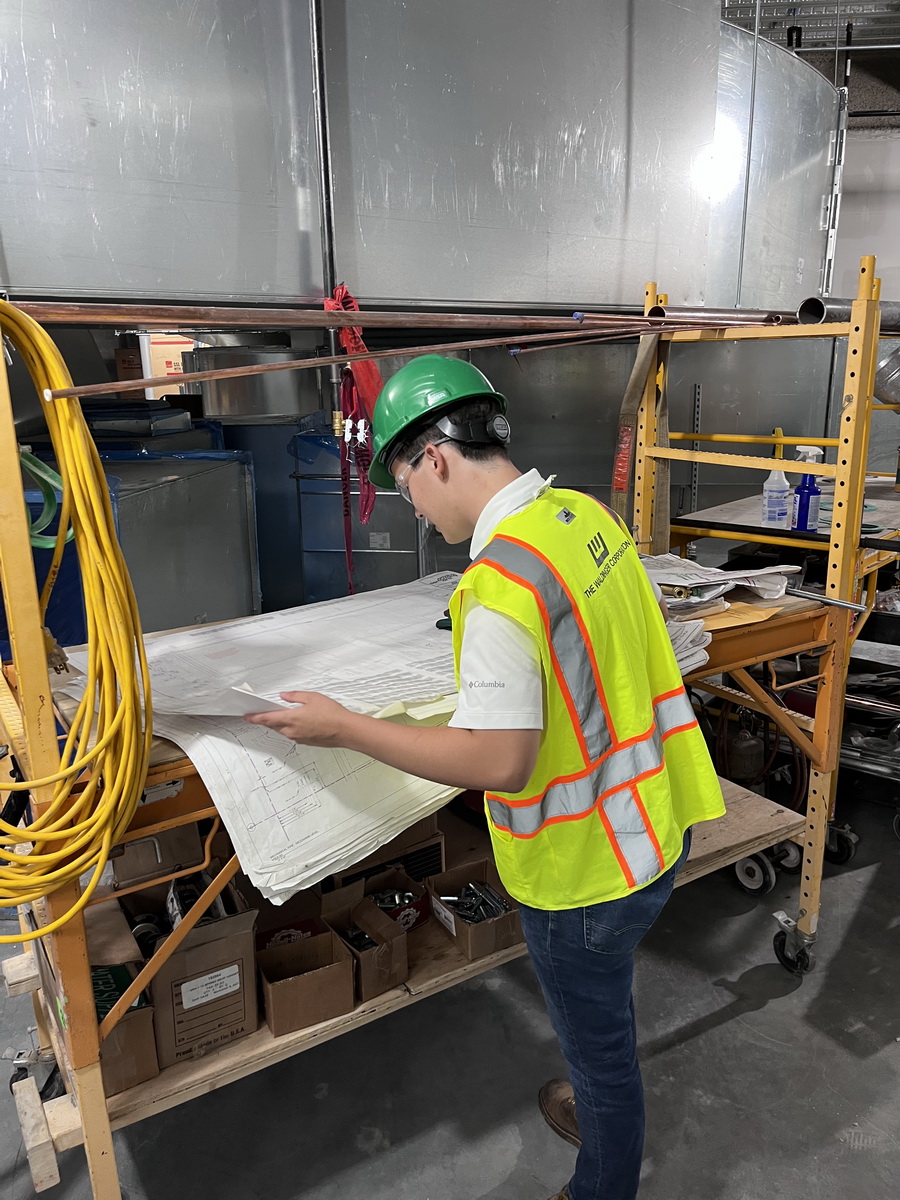 What does Gen Z want from a career?
What does Gen Z want from a career?
Money? Regular promotions? Professional development? Company-paid pet insurance?
And can HVAC construction offer the kind of work environment and benefits that will attract some of the 68 million young people in the U.S. who make up this generation?
As the industry grapples with a worker shortage that shows no signs of abating, these are questions that more SMACNA members are asking. Fortunately, some sheet metal contractors are saying the answer is, “Yes.” An HVAC and sheet metal career can appeal to 20-somethings — if your company offers the right opportunities and knows how to present them. But overcoming longtime industry stereotypes remains a hurdle to making construction a sought-after job to many young people, experts said.
What is Generation Z?
Although demographers may quibble over exactly when one generation ends and another begins, many peg around 1997 as the birth year for the oldest Gen Z members. The youngest are now about 10 years old.
They’re often referred to as “digital natives,” so named because they’ve been surrounded by connected technology their whole lives. From cellphones to cloud computing and social media, researchers say they’ve never known a world where information wasn’t instantly available.
Their worldview was shaped by events such as the election of Barack Obama, America’s first African American president; climate change; and 2007-2009’s Great Recession.
What makes Gen Z different from millennials?
Although some baby boomers seem to confuse millennials — the oldest of whom are approaching middle age — with Gen Z, the two generations have substantial differences, many experts say.

The Hermanson Co. in Kent, Washington, introduces high school students to the sheet
metal industry through its hands-on Heavy Metal Summer Experience Camp (above).
Jean Twenge and her book, iGen. (below)
Jean Twenge, Ph.D., a California psychologist who has been studying generational differences for three decades, said there’s surprisingly few common traits shared by younger millennials and the oldest members of Gen Z born right after them.
A professor at San Diego State University, Twenge is the author of “iGen: Why Today's Super-Connected Kids Are Growing Up Less Rebellious, More Tolerant, Less Happy — and Completely Unprepared for Adulthood (and What That Means for the Rest of Us)."
She led a presentation on generational differences at the March SMACNA-SMART Partners in Progress conference in Las Vegas.
Twenge said her research has shown that Gen Z is markedly different from the generations that came before it. The rise of smartphones and the explosion of social media culture fundamentally changed the way these now 10- to 25-year-olds relate to each other and the world around them.
“They started spending a lot more time online and a lot less time hanging out with each other in person,” she said.
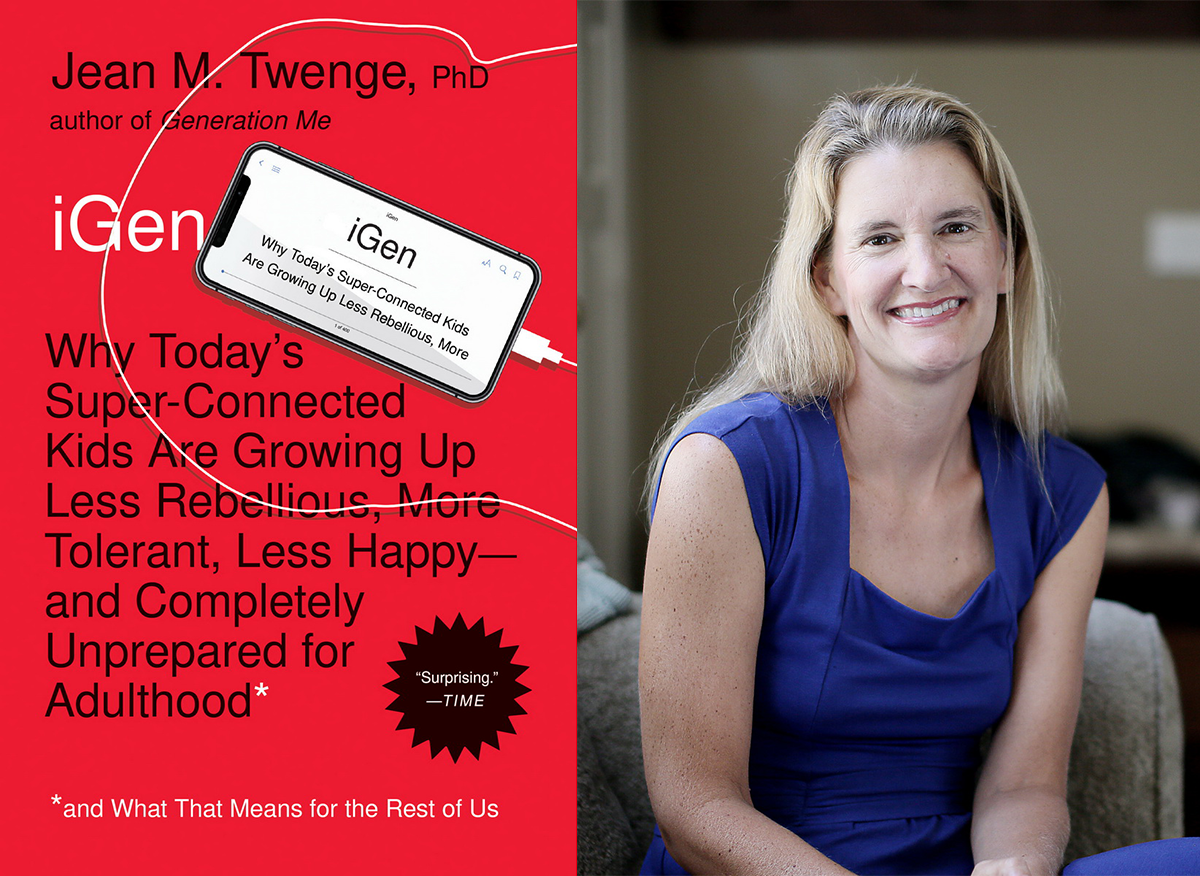 How Gen Z’s impact on work will be felt for years
How Gen Z’s impact on work will be felt for years
The lack of experience with in-person relationships has impacted the workplace as older members of Gen Z start their careers, Twenge said.
“With less social interaction during their teenage years, many people are concerned that Gen Z will have deficits in social skills,” she said. “A lot of them express anxiety around interacting with other people. So that's something a lot of businesses … are starting to address, perhaps through having training for social skills and interaction.”
The isolation of the COVID-19 pandemic only made such problems worse, she added. As a result, many Gen Z workers place a high value on employers providing mental health services.
Twenge said Gen Z’s outlook is different from that of their millennial peers.
“People have just gotten used to millennials being very optimistic and having very high expectations,” she said. “And the next generation (Gen Z) is just not that way at all. They’re less likely to have that inherent optimism and self-confidence that many millennials do.”
What are the characteristics of Gen Z?
So if they don’t have the “inherent optimism” of millennials, what characteristics does Gen Z have? According to the Center for Generational Kinetics LLC, a Texas-based research firm, these traits are some of the most common:
- They want to prove themselves. Most Gen Zers accept that they will have to work harder than earlier generations to demonstrate their worth. This contrasts with the entitled mindset that some attach to millennials.
- They’re more likely to save money. Members of Gen Z appear to be more adverse to taking on large amounts of debt when compared with free-spending earlier generations. The Great Recession is likely to blame.
- They’re impatient. Thanks to the ability to do everything from ordering food to instantly streaming music and movies from their smartphones, Gen Z doesn’t like to be kept waiting.
What Gen Z wants from a job or career
Corey Seemiller, Ph.D., is a speaker, professor and the co-author of four books on Gen Z. She said more than other groups, they want to make an impact — whether that’s professionally or in their personal lives.
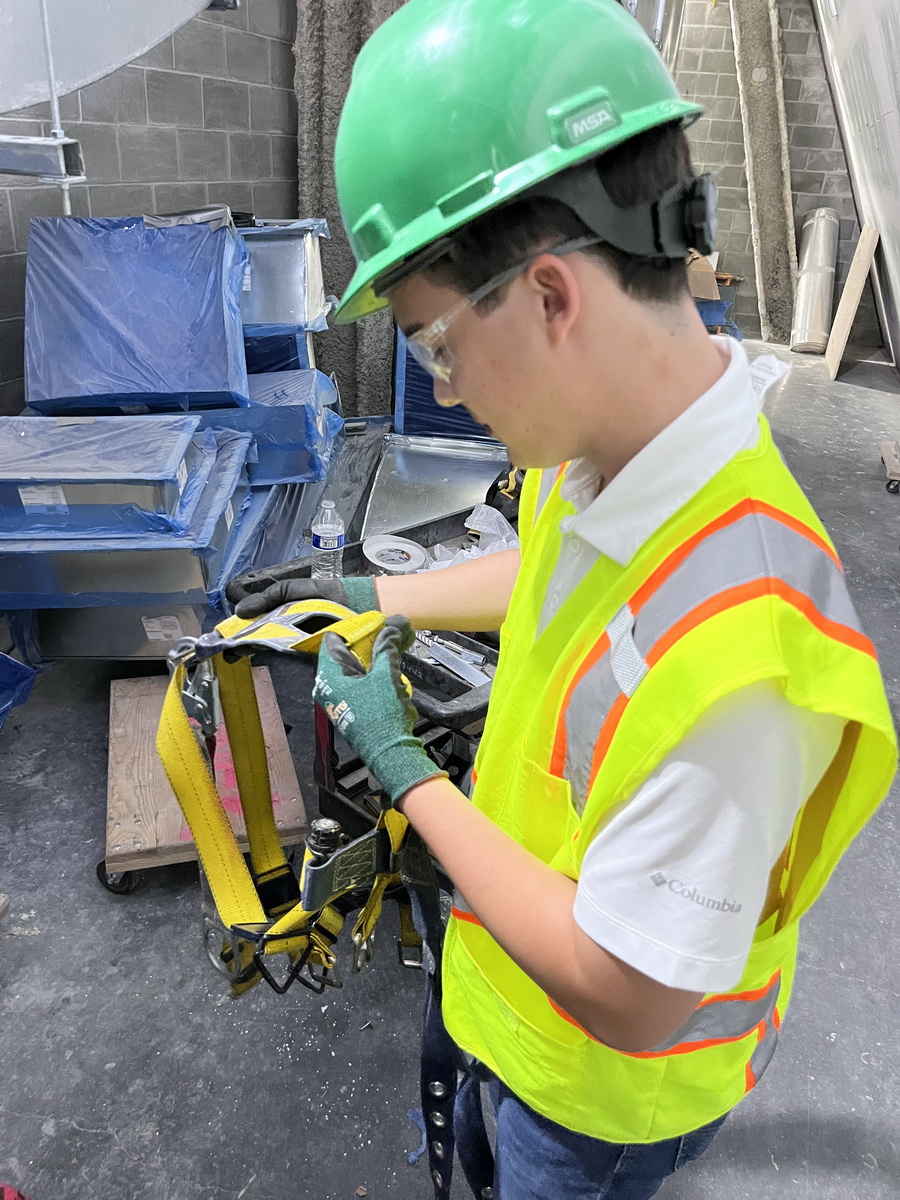
Henry Luna, 18, is an intern in the sheet metal department at The Waldinger Corp. in Omaha, Nebraska. Luna, who is studying mechanical engineering at Iowa State University, said he's grown to love the construction industry.
“Gen Zers are really motivated by knowing that what they do is making a difference,” Seemiller said. “And so if you're asking them to do something, you need to tell them what the bigger picture is and why it's important — not just give them an incentive to do it.”
Tell them how a construction project they’re working on will help a family have a home, or a building will house a charity that will help provide food in the community.
“That's the language they need to hear,” she said. “It's kind of strange, but it's true.”
For many members of Generation Z, Seemiller said, the meaning of their work is more important than how much they earn from it — as long as they get paid a fair wage.
“They're not going to work for pennies on the dollar and then struggle. They want to make enough money to not have to worry, but once they've hit that threshold, they would much rather have meaning in what they're doing,” she said. “Gen Z says, ‘If I find a job I love, or I find a purpose, my calling, I will do it for the rest of my life.’ And so there's a lot of ability to retain this generation in ways that millennials, in particular, weren't able to be retained.”
Why they represent an opportunity for construction
Twenge isn’t as sure about Gen Z’s lack of interest in financial rewards or surveys that say two-thirds of them want to be business owners. In general, she said, they’re not as into entrepreneurship as many think, and money is just as important as it was to older generations at the same age.
“You could make the argument that every 20-year-old thinks it would be a great idea to be their own boss and to found their own company. But then when people are older, they realize that may not be for them,” she said. “So age often causes a lot of those differences that people are thinking are generational. They're much more likely to say that they want a stable living, that they're interested in being well-off financially.”
That interest in stable, good-paying jobs should be an opportunity for the construction industry in general — and the union HVAC industry in particular — to showcase what it can offer, Twenge said. However, the industry will have to overcome lingering stereotypes that it’s a dirty, dangerous, low-wage and low-skill field.
“You absolutely can make a good living. You don’t have to take loans to do it," she said. "I think that’s definitely something to emphasize and don’t be shy about it. I think a lot of young people would be surprised to hear that. They’ve heard that everybody needs to go to college, when that’s actually not true.”
Twenge pointed out that work-life balance is another area where construction has a lot to offer. Many positions don’t have work that follows employees home, freeing them to spend more time with friends and family.
“When you're off, you're off,” she said. “You don’t have the 24/7 stress that a lot of office jobs and working-from-home jobs can have. You don’t have to take the work home with you. Particularly with Gen Z, they really are looking for a stable, lower stress work environment, and the businesses that can provide that can use that as a selling point.”
Seemiller agreed. Much of the on-the-job training and feedback that construction offers should make it a “slam dunk” vocation for many Gen Z members.
“They want to be able to be good at what they do,” Seemiller said. “(They want) certifications, credentials, apprenticeships, having mentors. Basically (constant) learning and developing.”
The fact that construction results in something tangible also makes it appealing to Gen Z, she said.
“They're motivated by seeing the fruits of their own labor,” Seemiller said. “You’re literally watching yourself … build something. “And you can see the sense of accomplishment in front of you. And that’s huge for them.”
The importance of ‘culture’ to Gen Z workers
While recruiting young people into construction is still a struggle, some SMACNA members say they have found success stressing the technology inherent in sheet metal work today and offering a flexible company culture when possible.
Kelsey Savage, human resources manager at Dee Cramer Inc., said in a market where many companies have open positions, her job is easier because the 87-year-old Holly, Michigan-based sheet metal contractor’s work culture is so respected in the region. Open positions don’t go unfilled very long.
“We’re really focused on developing and continuing to keep our culture strong, even amid the chaos of COVID,” she said. “Before COVID, everyone worked in our Saginaw or Holly locations. That was just kind of who we were. And then COVID opened our eyes to the fact that there is flexibility there. We continue to be a cohesive team through that flexibility.”
And at Kent, Washington-based mechanical contractor Hermanson Co., labor director Scott Ponsler said he has found young people appreciate its safety culture and that sheet metal work uses some of the most advanced technology in the construction industry. Hermanson also can offer a flexible work environment for some positions.
"A lot of the younger generation is really into technology," he said. "Obviously, on the construction side, we don't have the ability to work from home — we have to be on the jobsite building the buildings. But, we have seen members of our estimating and project management teams take advantage of hybrid schedules, where they're able to do some work from home. So it's an intriguing opportunity, especially for the younger workforce."
Gen Z appreciates a career path and mentors
The Waldinger Corp., a mechanical contractor based in Des Moines, Iowa, with 15 offices throughout the Midwest, has been recruiting project engineers through its internship program for more than 20 years. As a full-service mechanical contractor, Waldinger has a range of professional experiences it can offer interns, from sheet metal and HVAC to electrical and plumbing.
Cheri Patzner, Waldinger’s development manager, said the company has been very successful finding young people and bringing them into the company. One reason, she said, is Waldinger internships are never dead ends. They’re the start of a career ladder if candidates are successful and interested.
“We look at our interns as our future leaders,” Patzner said. “So when we hire an intern to work with us, we have an open position that we can fill if it works out.”
Henry Luna is a 18-year-old studying mechanical engineering at Iowa State University. He’s in his second year as an engineering intern in the sheet metal department at Waldinger’s Omaha, Nebraska, location.
Although he wasn’t familiar with construction before starting his internship, Luna said he likes the industry a lot.
“I’ve really grown to love the construction field,” Luna said. “I really like developing relationships and how people-focused the industry is. At Waldinger, you have to develop relationships with general contractors, your subcontractors and vendors — all sorts of people. And even being an intern, getting to develop those types of relationships has been really rewarding.”
Published: August 19, 2022
IN THIS ISSUE
Bridging the Gap: What Gen Z Wants from a Career in Construction
Making such work appeal to younger workers may mean offering more flexibility and feedback, these experts say. SMACNA members who are successful recruiting young people agree.
Bringing Fresh Air to a Glass Tower
Geauga Mechanical brings its multi-family residential experience to its tallest, largest project — Cleveland’s Lumen.
Copper Spiral Duct Project “Shines Like a Diamond”
Sheet Metal Werks copper work photos go viral, bringing the company increased attention and new opportunities.
EEOC Issues Updated COVID-19 Guidance
Engaging and Educating SMACNA Members
By using the various informational resources at their disposal, SMACNA members can serve their customers in the best way possible.
FY2023 Authorization and Appropriations Mark-Ups
The Senate Armed Services Committee recommended $45 billion more for national defense in FY2023 than the White House record DOD budget requested.
HVAC for Healthcare
Brandt works on massive mechanical and plumbing project in the healthcare sector.
Maximize 100% Bonus Depreciation While You Still Can
The 2022 tax year is the final chance for businesses to take advantage of 100 percent bonus depreciation under the Tax Cuts and Jobs Act of 2017 (TCJA).
Protecting Power
Ernest D. Menold fabricates a cage to protect an electrical substation.
Rapid Transit—A Rise in Demand
A pipeline of transit projects is fueling large-scale opportunities for contractors who can prepare and plan for the complex work.
We Are One Big, Diverse Industry
The various backgrounds and experiences of SMACNA members allows us to navigate the constantly changing times.
Welcome New SMACNA Members
Welcome New SMACNA Members
